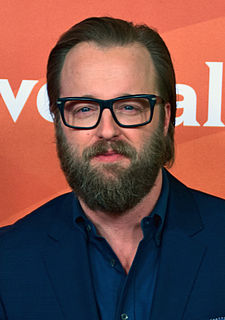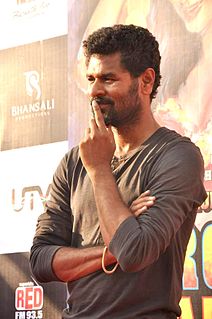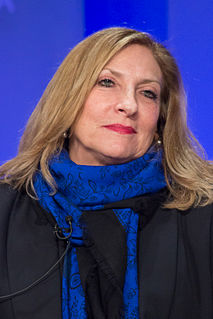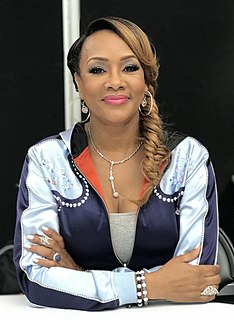A Quote by Joshua Leonard
Sony could have $50 million and a sound stage and A-list actors and never make the same film. The constraints on this film became the essence of this film, became the power of this film.
Related Quotes
Some people do stage and film. Some people are film actors, and some people are stage actors. I'm quite sure that any of the actors who did the original production of 'August' could have done the film of 'August.' I don't think any of them were particularly surprised when they didn't wind up doing the film.
I wanted to be a playwright in college. That's what I was interested in and that's what I was moving toward, and then I had the lucky accident of falling in love with film. I was 19 or 20 that I realized films are made by people. Shooting digitally became cheaper and better. You couldn't make something that looked like a Hollywood film, but you could make something through which you could work out ideas. I was acting, but I was also conceiving the plots and operating the camera when I wasn't onscreen. I got very unvain about film acting, and it became a sort of graduate school for me.
I would make a huge distinction between theater improvisation and film improvisation. There isn't much improvisation in film - there's virtually none. The people that theoretically could be good at this in a theater situation don't necessarily do this in a film in a way that will work, because it's much broader on a stage. But in a movie, it has to be real, and the characters have to look entirely real because it's being done as a faux documentary, so there are even fewer actors that can do that on film.
To find money to make a film, you have to write maybe 50 pages to explain what you'd like to do, what the film will be, but everybody lies. Because he doesn't know what the film will be. Everybody writes 50 pages and sends it to a TV channel, a producer, to get money, but everybody lies. Or else your film is not interesting.
Um, 'Soul Food'... Another wonderful little movie that could. Here's a film that, I think our budget was maybe $6 million. We shot it in Chicago in six weeks. I was so proud of the film, because it showed America that an African-American film about family could sell, could do well, could cross over and have true meaning.
I think a lot of people go into filmmaking thinking, "How can I make a career?" And so when they make their first film, they make it thinking, "Well, this'll be the one that gets me to the place where I can make the second film the way I want to make it, and that'll get me to the place where I can make $100 million on the third film." And I thought, "Well, if I put sustainability at the bottom of my priority list, then what opportunities is that going to free me up to pursue?" And that's what I've always done.
To me, a revolutionary film is not a film about a revolution. It has a lot more to do with the art form. It's a film that is revolting against the old established language of cinema that had been brainwashing the people for decades. It is a film that is trying to find ways to use sound and image differently.




































